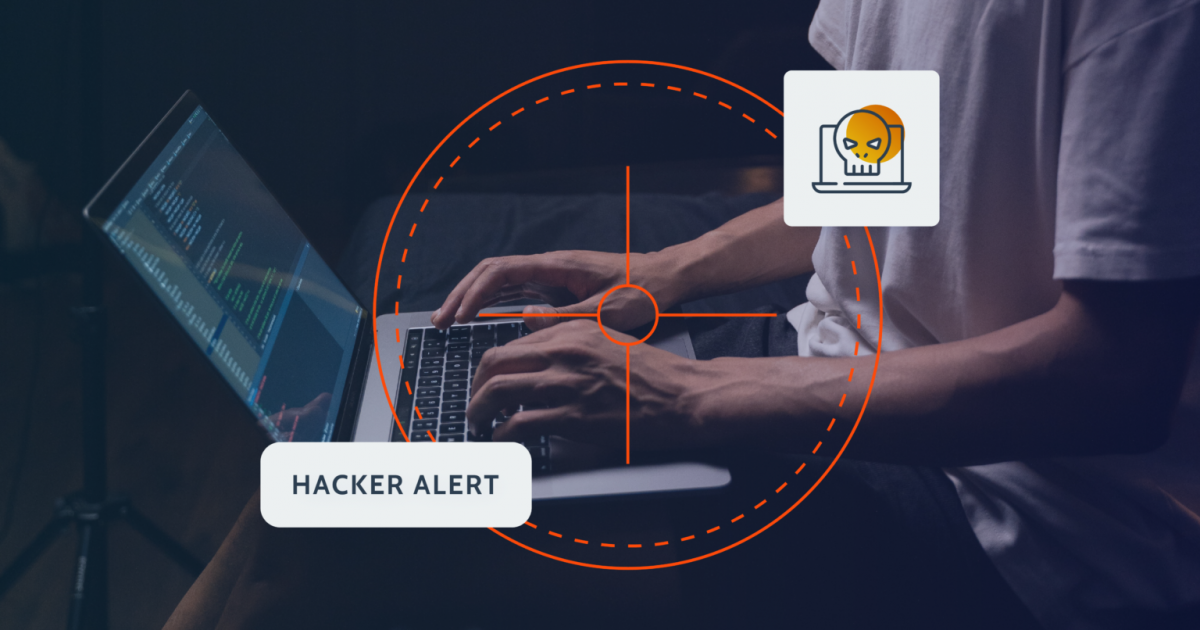
Imagine if you decided to leave your house unlocked, doors wide open, welcoming anyone to enter freely. Or worse, what if you handed out the password to your mobile applications to random strangers? Such actions would be met with incredulity and concern, rightfully so. Yet, despite our diligent efforts to protect our physical belongings and personal data, many individuals and businesses neglect to fortify their digital investments—specifically, their websites.
In today’s interconnected world, where commerce, communication, and information exchange predominantly occur online, websites serve as the storefronts, offices, and hubs of countless ventures. However, just as physical premises require locks, alarms, and security personnel to deter intruders and protect assets, websites demand robust security measures to thwart cyber threats and safeguard sensitive data.
In this article we will be talking about websecurity and its benefits to you.
Meaning of Website Security
Website security encompasses the strategies and actions implemented to shield a website from various cyber threats, such as hacking, malware, scams, phishing, and errors. It is a continuous endeavor and a vital aspect of website management. Ensuring the security of a website is paramount to safeguarding its visitors and users from potential attacks, data breaches, and malicious activities perpetrated by unauthorized entities. Therefore, maintaining robust website security measures is crucial for protecting the integrity and trustworthiness of the online platform.
Types of Website Security Threat
- Malware and virus
One of the most prevalent web security threats is malware and viruses, posing significant risks to website integrity and user safety. Hackers employ various tactics to infiltrate websites, such as deceiving users into clicking malicious links or exploiting weak passwords to gain unauthorized access.
Once inside, hackers unleash destructive viruses onto the website, which can rapidly propagate and cause significant harm. These viruses come in diverse forms, each with its own detrimental effects.
Some viruses act swiftly, instantly shutting down the website upon infection. Others adopt a stealthier approach, remaining undetected while quietly siphoning sensitive data over an extended period.
Regardless of their method or manifestation, malware and viruses represent a grave threat to website security, necessitating robust protective measures to mitigate their impact and safeguard digital assets and user privacy.
- Spam link
In some instances, hackers may not target the content of your website directly; instead, they focus on exploiting the users who visit it. A common tactic involves the use of spam links, which hackers employ to target unsuspecting visitors.
One prevalent avenue for the dissemination of spam links is through comments sections beneath blog posts. Unlike gaining control of the website, hackers can post these links without needing full access. However, if hackers do manage to breach your site’s security, they may embed spam links within your content.
When users click on these links, various consequences may ensue. Sometimes, the links redirect users to spam advertisements, while in other cases, unsuspecting users inadvertently download viruses onto their computers, leading to potential harm and data breaches. Therefore, vigilance and robust security measures are essential to protect both website content and visitors from such malicious activities.
- Ddos Attack
Distributed Denial-of-Service (DDoS) attacks represent a significant web security threat that has gained prominence in recent years. This type of attack involves hackers orchestrating a deluge of traffic to a website by generating vast volumes of requests from fake IP addresses simultaneously.
The sheer magnitude of this artificially created traffic overwhelms the website’s servers, causing it to become inaccessible and effectively shutting it down. DDoS attacks pose a serious threat because they render the targeted website inaccessible to legitimate users, thereby thwarting any online marketing efforts and disrupting normal business operations.
By inundating the website with malicious traffic, DDoS attacks can severely impact its availability and functionality, leading to potential financial losses and damage to reputation. Therefore, safeguarding against DDoS attacks through proactive security measures and robust mitigation strategies is essential for maintaining website integrity and ensuring uninterrupted online presence.
Now that we’ve discussed the array of web security threats your site may encounter, it’s imperative to explore effective countermeasures. Fortunately, there exist numerous website security methods you can implement to bolster your defenses. In the following sections, we’ll delve into some of the most effective strategies. So, keep reading to discover how you can enhance your website security!
- Implement HTTPS
One of the simplest and most effective ways to enhance the security of your website is by using HTTPS. HTTPS, or Hypertext Transfer Protocol Secure, is a secure communication protocol that utilizes encryption to safeguard the data transmitted between a user’s browser and the website.
While many websites operate on the basic HTTP protocol, doing so exposes them to various security risks. Without encryption provided by HTTPS, sensitive information exchanged between the user and the website is vulnerable to interception by malicious actors.
Beyond security concerns, user perception also plays a crucial role. Visitors are increasingly cautious about sharing personal information on websites that lack HTTPS, as they perceive them as less secure. Moreover, search engines like Google prioritize HTTPS websites over HTTP counterparts, meaning that using HTTP could negatively impact your site’s search rankings.
Given these factors, adopting HTTPS for your website is highly recommended. Fortunately, many web hosting providers offer HTTPS support at no additional cost, making it a straightforward and worthwhile security enhancement for any website.
- Backup your website
Regularly backing up your website is a critical aspect of website security that should not be overlooked. By maintaining up-to-date backups, you create a safety net for your digital assets in the event of a security breach or other unforeseen issues.
Having recent backups allows you to quickly restore your website to its previous state, minimizing downtime and potential data loss. It provides peace of mind knowing that even if your site is compromised, you have a reliable contingency plan in place to recover swiftly.
To ensure the effectiveness of your backup strategy, it’s essential to establish a routine schedule for backups, performing them regularly and after every significant update to your website. This approach ensures that you always have the most recent version of your website available for restoration.
In summary, backing up your website is a fundamental practice that plays a crucial role in maintaining website security and resilience. By prioritizing regular backups, you can mitigate risks and enhance your ability to recover from unexpected events effectively.
- Install Computer antivirus software
It’s not only your website that’s at risk of malware; hackers can infiltrate your site and extend their reach into your computer systems. Once inside, they can implant viruses that may compromise your entire network.
The ramifications of such an attack are significant. It’s not just your website that’s threatened; your backups, records, and all data stored on your business’s computer network could be compromised. In essence, hackers could gain control over a substantial portion of your company’s operations.
To mitigate this risk, it’s crucial to install antivirus software on all computers used to access and manage your website. There are various antivirus programs available, so it’s essential to research and choose one that best suits your needs and provides robust protection against malware and cyber threats. Take the time to read reviews and select a reputable antivirus solution to safeguard your digital assets and maintain the security of your business network.
Benefits of Website Security
- It always keeps your website operable
- It keeps customer data protected
- Boost SEO rankings
- Avoid the possibility of future cyberattacks.
Webmable Africa offers the best web security plan at an unbeatable price to help you keep your website secure.
Conclusion
While the future remains uncertain in the realm of cybersecurity, implementing robust security protocols can provide a shield against potential cyberattacks. Here are some key considerations to enhance your security policy:
1. Use Strong Passwords: Employ complex passwords and consider implementing two-factor authentication to bolster account security and deter unauthorized access.
2. Limit Login Attempts: Restrict the number of login attempts to three, and block IP addresses after consecutive failed attempts until users re-verify themselves, reducing the risk of brute force attacks.
3. Keep Software Updated: Regularly update your software to the latest versions to patch vulnerabilities and maintain the security of your website. Developers invest significant effort in identifying and fixing bugs, and keeping your software up-to-date is crucial for safeguarding against potential exploits.
4. Employee Training: Provide comprehensive training to your employees on the latest cybersecurity trends and threats. Equipping them with the knowledge and skills to recognize and respond to various cyber threats, such as DDoS attacks, phishing attacks, MITM attacks, and XSS vulnerabilities, enhances overall security readiness and resilience.
By adhering to these security practices, you can fortify your defenses and mitigate the risks posed by evolving cyber threats, ensuring the protection of your digital assets and maintaining the integrity of your systems.



